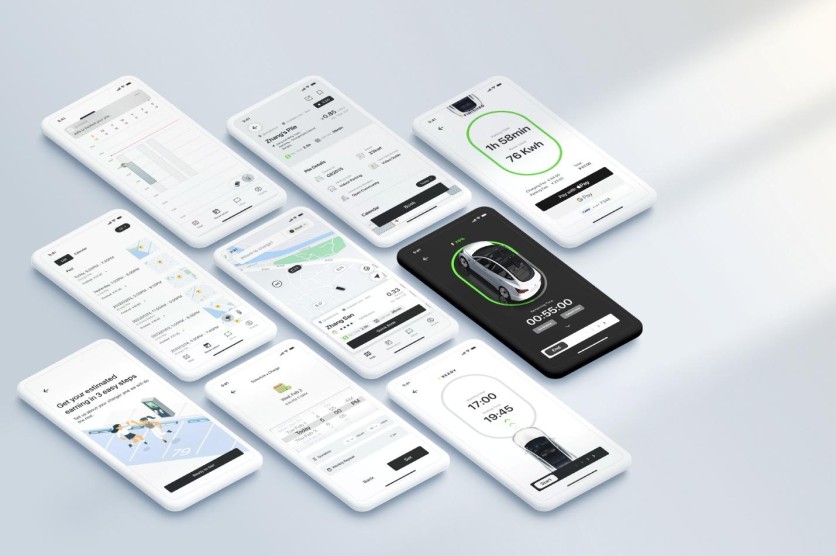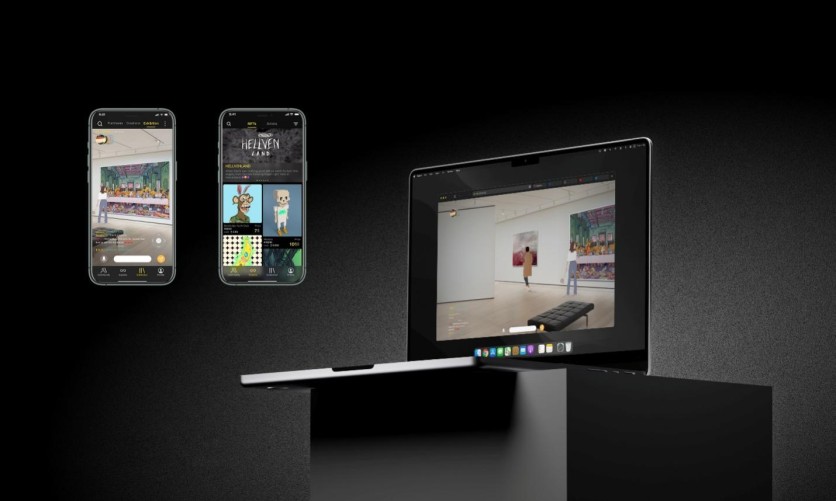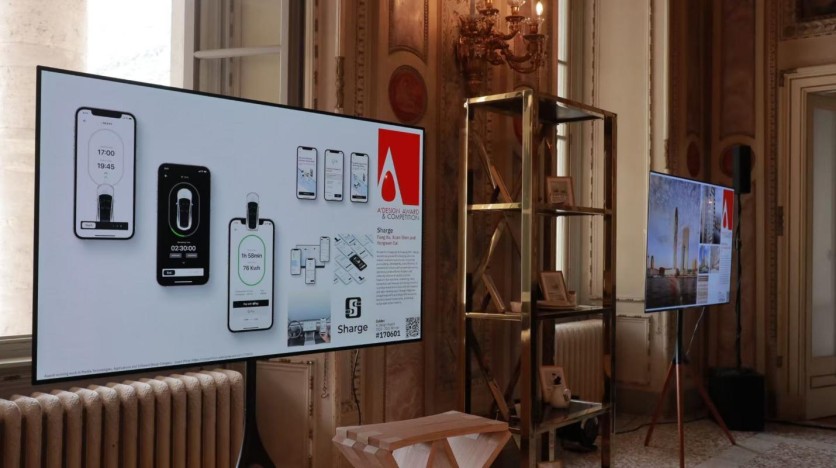
Fang Xu
In the rapidly evolving world of product design, few professionals capture the synergy of creativity and technical ability like Fang Xu. With an extensive portfolio that includes B2B platforms and award-winning consumer apps, Xu represents a new generation of designers who merge human insight with technological innovation.
Xu began his design journey at the University of California, Berkeley, where he earned a Master's in Landscape Architecture and a Certificate in New Media—an interdisciplinary program closely tied to Human-Computer Interaction. These studies grounded him in systems thinking and human-centered design. His hands-on UX work started in 2020 during the pandemic, with early projects such as Support Group, a digital platform fostering emotional connection, and POP-UP, a concept for NFT art galleries.
His early explorations paved the way for his corporate work at J.D. Power NPD (New Product Department), where Xu progressed to Senior Product Designer. There, he helped create and scale major B2B data platforms for leading automotive manufacturers—many of which are Fortune Global 500 companies. He shaped user experience across PIN+, IQS, CSI, and Vantage—foundational products in the automotive data landscape. His work involved transforming complex datasets into transparent, actionable insights. For example, Xu recalls rethinking the entire information architecture of IQS, restructuring data into semantic layers so analysts could navigate seamlessly. For him, good design is not just about how something looks; it is about making things clear, easy to use, and helpful for decision-making. From 2022 to 2025, Mr. Xu's design portfolio at J.D. Power NPD contributed to a +372% increase in digital product revenue, firmly establishing design as a strategic engine of digital transformation. Notably, the flagship platform PIN+ achieved over 10× revenue growth during this period—a result widely attributed to the design systems and product architecture developed by Mr. Xu.

Fang Xu
Xu's talent and creativity have earned him international recognition, with honors including the Red Dot Design Award: Design Concept 2025, iF Design Award, A' Design Award, and UX Design Awards. Among these achievements, Sharge—a peer-to-peer EV charging platform conceived and designed by Xu—stands out as the flagship, award-winning project. Drawing on his background in Landscape Architecture, Xu approached Sharge through systems thinking, long‑term impact, and sustainable development. The platform transformed underused private chargers in residential areas into community‑shared infrastructure, promoting more efficient and environmentally conscious energy use. As the Founding Product Designer, Xu not only originated the concept but also created the mobile experience to balance environmental efficiency with user adoption. His design helped scale the network to millions of charging sessions and improved utilization rates by 60%. The product's success stemmed from thoughtful yet intuitive UX elements—such as video‑guided wayfinding in multi‑level underground garages, a three‑stage host onboarding flow with real‑time income previews, and a refined interaction model that made EV charging seamless and engaging.

Fang Xu
Xu's key strengths lie in his ability to merge design thinking with technical proficiency. Pursuing an M.S. in Computer Science with a Machine Learning concentration, Xu views AI as the core of the product design future. His coursework in databases, algorithms, and machine learning has helped him better understand the technical aspects of user interfaces, enabling him to use AI tools more effectively in real-world projects. In practice, he has utilized AI-powered tools such as GitHub Copilot, Cursor, and Replit to prototype front-end logic and test design ideas. For example, when he worked on the Vantage volume walks feature, he created prototypes that were detailed enough to pass developer checks with minimal changes. Likewise, while using ThoughtSpot's natural language query software, he tailored the UI to blend smoothly with PIN+, making analyst workflows smoother and more intuitive. For Xu, AI is not meant to replace design skills, it is intended to help. "The future of design is not just about the interface," he explains, "but about orchestrating AI under a broader framework of design, development, and product strategy."

Fang Xu
Looking ahead, Xu sees artificial intelligence as both a danger and a powerful tool that changes how things are done. His current studies in computer science embody a philosophy of "turning uncertainty into understanding." He recognizes that AI's approach to mapping patterns in vector spaces, while seemingly different from intuitive design processes, offers valuable perspectives on causality and prediction that can enhance human-centered design. "Design is ultimately about understanding and reconstructing the world," Xu reflects. "If AI is now the engine driving that world, then learning it deeply is the only way I can keep evolving as a designer—balancing intuition with data-driven insight and opening myself to ways of seeing that go beyond my own perspective."

Fang Xu
From prototyping socially conscious apps during a global crisis to scaling revenue-driving platforms at an enterprise level, Fang Xu exemplifies how the best design today emerges from the intersection of empathy, technology, and systems thinking. His work points toward a future where designers don't just make things shape the way intelligence itself is experienced.

-
 C114 Communication Network
C114 Communication Network -
 Communication Home
Communication Home


